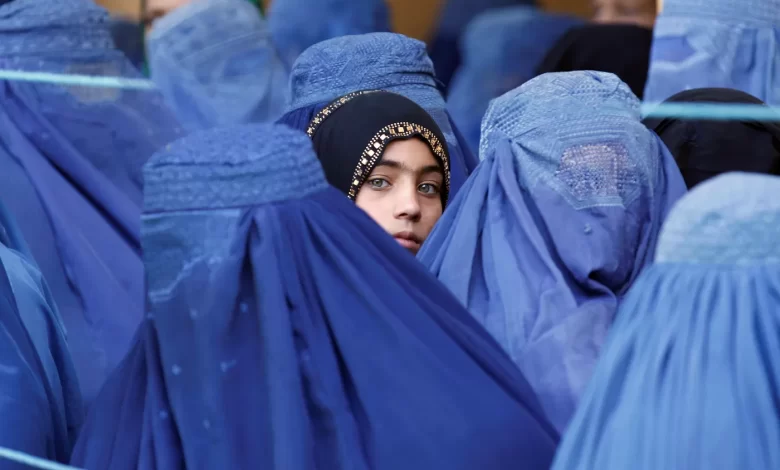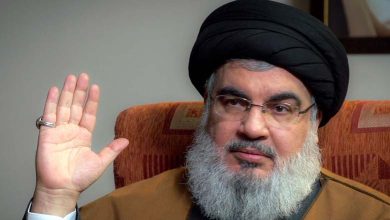UN delegation in Afghanistan stresses need to preserve women’s rights – Details

United Nations Deputy Secretary-General Amina Mohammed discussed women’s rights with Afghanistan’s acting foreign minister Wednesday after the Taliban banned most female aid workers and barred women and girls from attending secondary schools and universities.
U.N. deputy spokesman Farhan Haq said in New York that Amina also met with UN staff, aid organizations and Afghan women “to assess the situation, to express solidarity, and to discuss ways to promote and protect the rights of women and girls,” Reuters reported.
In those talks, Amina stressed “the need to preserve human rights, especially for women and girls,” and was “encouraged” by the ban on aid workers, which allowed work to resume in areas such as health care, he said.
En route to Kabul, Amina met with officials in Turkey, Qatar and Pakistan to discuss the situation in Afghanistan. “The consensus was clear on the issue of women’s and girls’ rights to work and education,” Haq said.
While Haq did not specify which Taliban officials Amina met, an Afghan foreign ministry spokesman said she met acting Foreign Minister Amir Khan Muttaqi.
A Foreign Ministry statement quoted Muttaqi as saying: The lack of official recognition of the Taliban government, travel restrictions on the movement’s leaders and banking sanctions are causing problems that the international community must address, adding that women can work in the health and education sectors.
Last month, the Taliban ordered local and foreign aid organizations to freeze female staff members until further notice. The move, which has been condemned worldwide, was attributed to the fact that some women do not abide by the dress code stipulated by the movement, days after authorities ordered universities not to allow female students to enter.
“Many aid organizations, some on humanitarian missions under UN contracts, suspended operations following the embargo.” Some organizations said this week that they had resumed work in sectors such as health, which authorities said women could work in.
Since returning to power in August 2021, the Taliban have restricted Afghan women from holding public office, enrolling in secondary schools, universities, and even going to public parks.
On December 20th, the Taliban government announced that Afghan universities had been banned indefinitely for girls, who were already deprived of secondary education, since the militant movement came to power.
The Taliban closed “secondary schools” a few hours after they reopened, and banned the education of “girls” since March 23. In November, the movement banned women from going to parks, gardens, gyms and public swimming pools.
The hard-line movement has banned women from many government jobs, from traveling without a male relative, and has ordered them to wear the “burqa”. When the Taliban were in power two decades ago, it largely banned “girls’ education” but said “its policies have changed,” according to Reuters.












